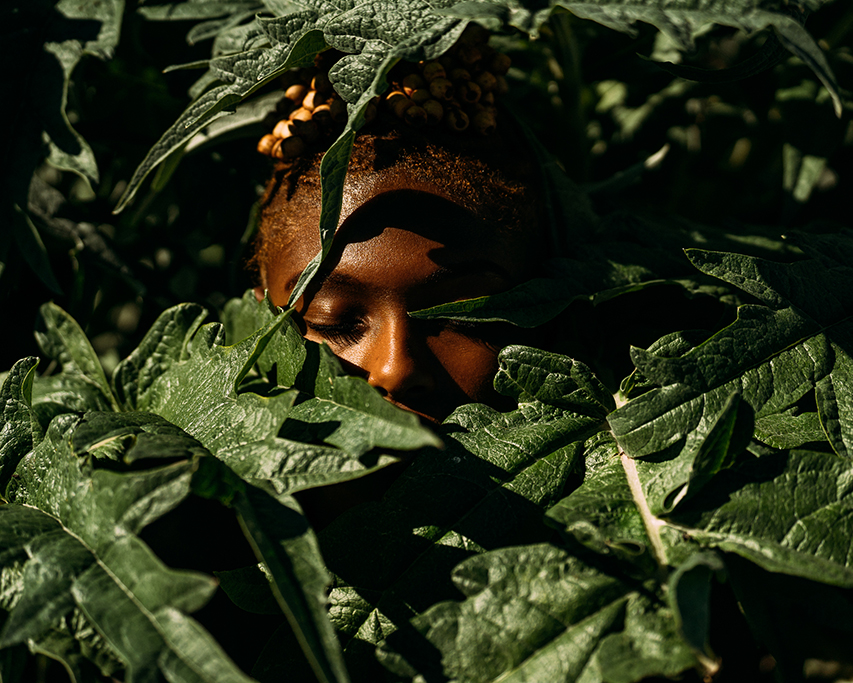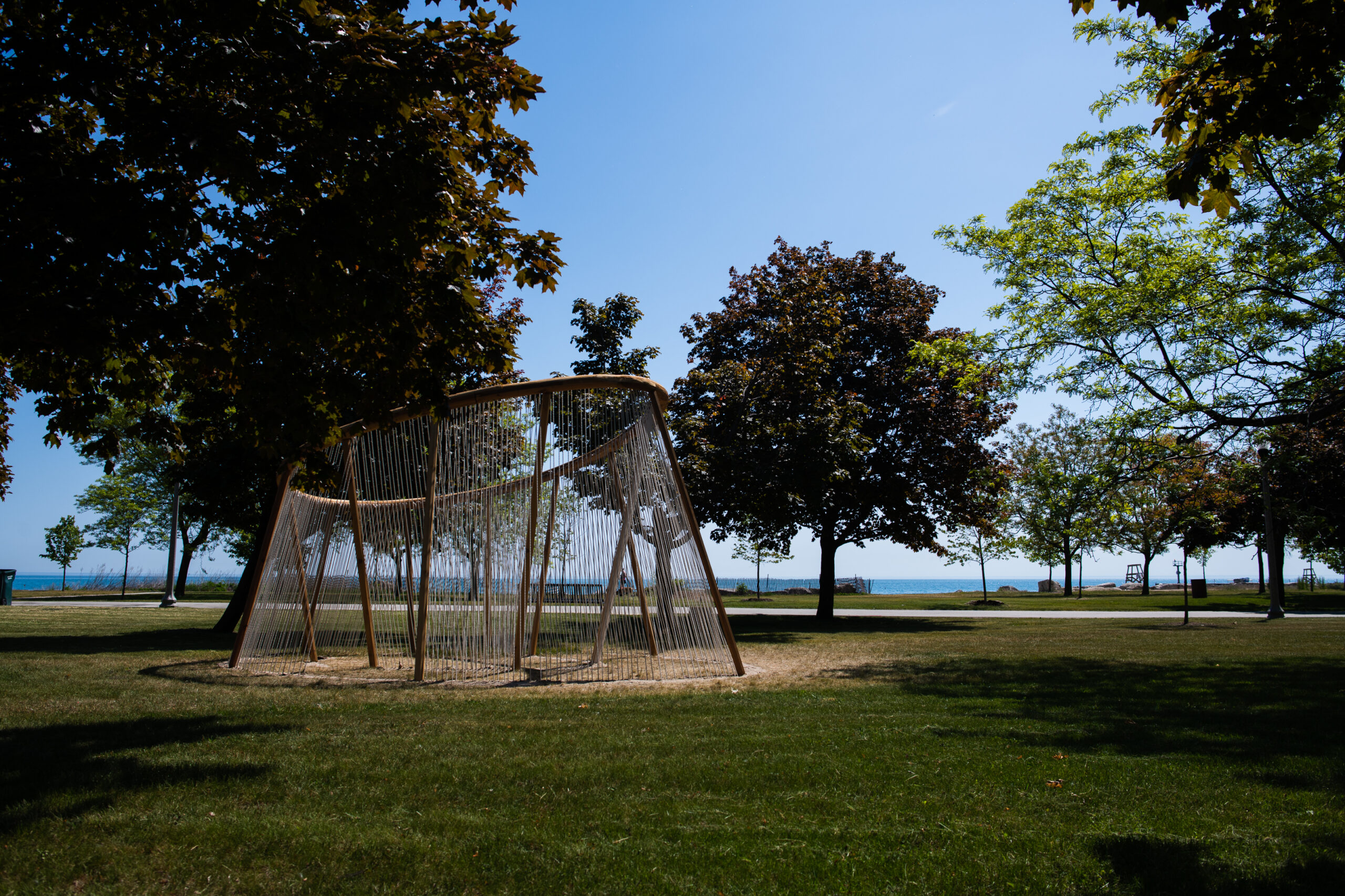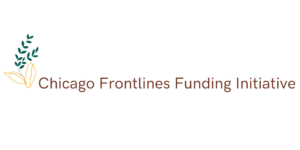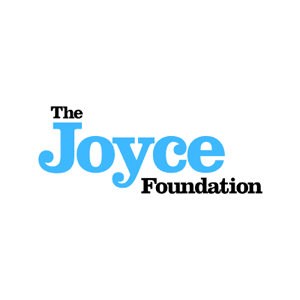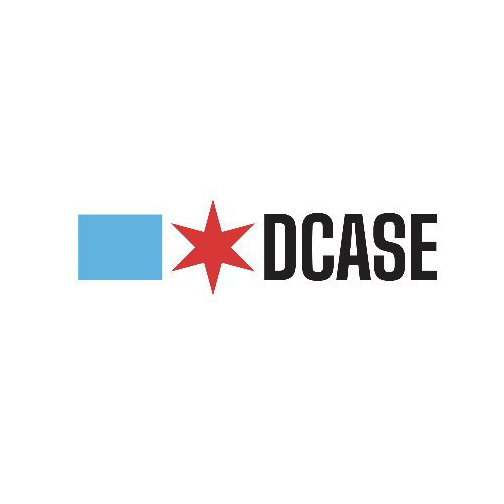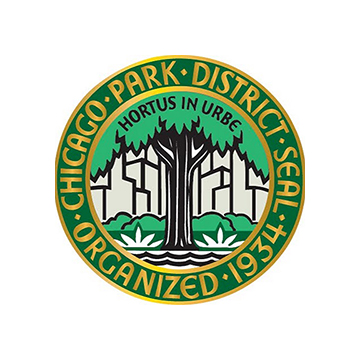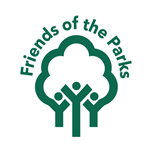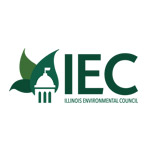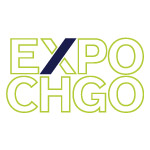Rio de Bienvenida / River of Welcome
Cynthia Weiss & Delilah Salgado, Chicago Public Art Group; Educational Partners: Citlalli Trujillo & Dr. Rachel Havrelock, UIC Freshwater Lab
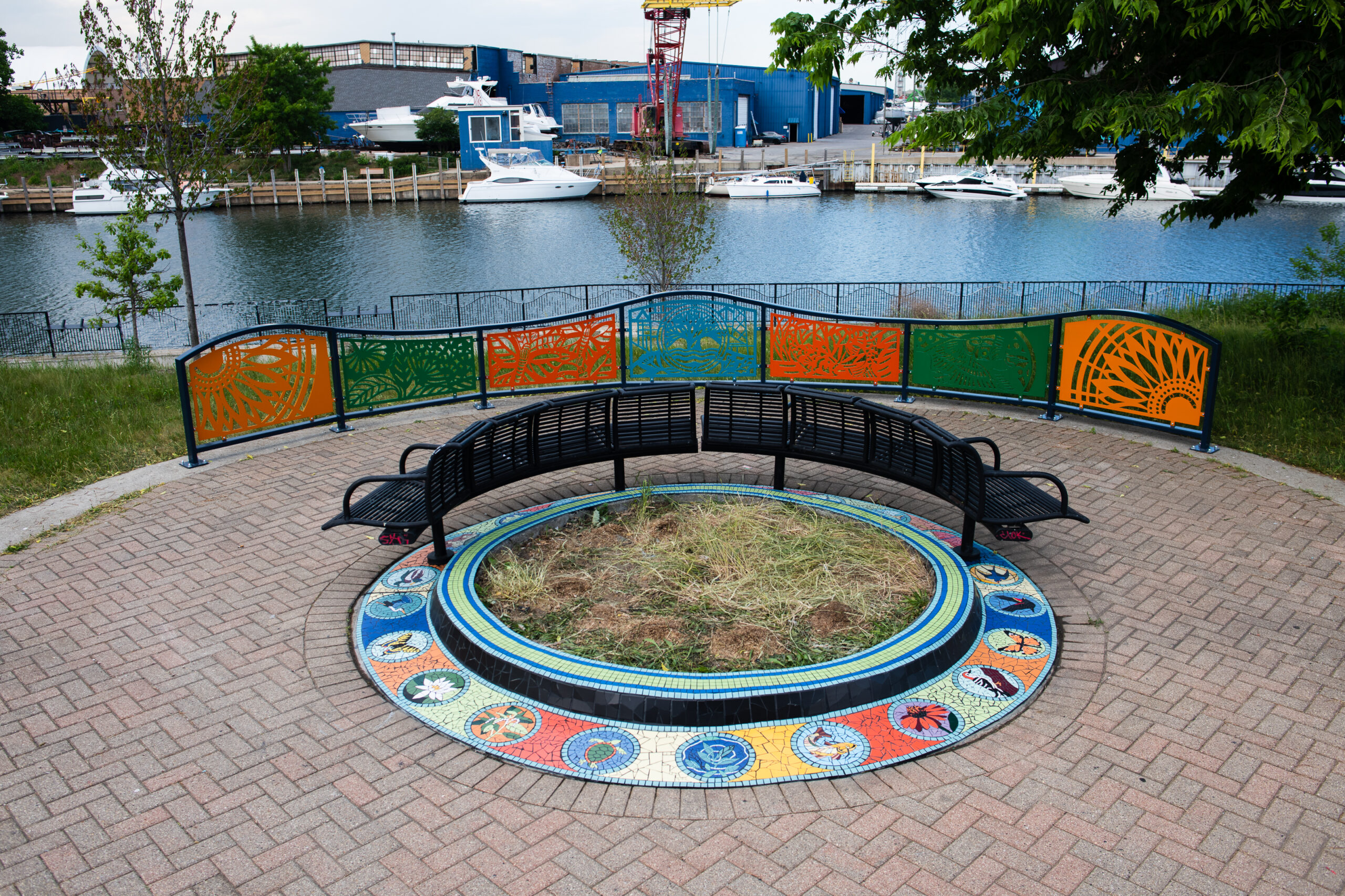
About Rio de Bienvenida / River of Welcome
The images on this public artwork and mosaic planter symbolize community members’ hopes for a future with cleaner air and water, a restored Chicago River ecosystem, and greater local access to the riverfront.
Sculpture fabrication: Vector Custom Fabricating, Chicago
Digital Design: Neon Fab Studios, New York
Neighborhood: Canalport Riverwalk
Art Type: Metal & Mosaic Structure
Grant Amount: $100,000
Media Gallery
Click on each image to enlarge and to see the photo caption.
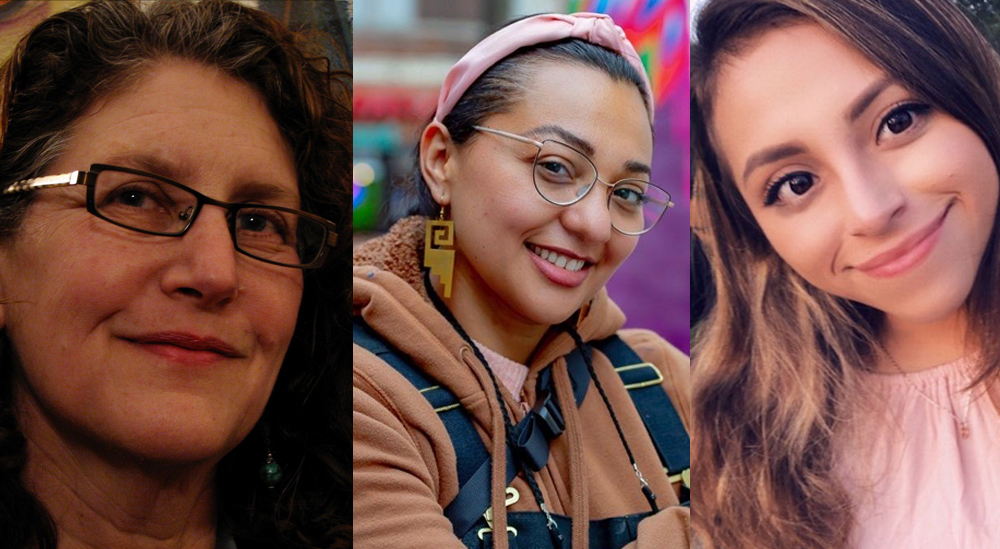
About the Artists
Cynthia Weiss is an award-winning public artist, and arts educator. As a member of the Chicago Public Art Group, Cynthia has designed and fabricated numerous large-scale, public mosaic projects throughout Chicago, transforming neglected spaces into local landmarks. She has been the Director of Education at Marwen and Project AIM at Columbia College Chicago. She facilitates arts and literacy workshops with Habla: The Center for Language and Culture, in Merida, Mexico. She received her MFA in Painting from the University of Illinois at Chicago and has exhibited work at Hyde Park Art Center and the Ukrainian Institute of Modern Art. Cynthia is inspired by collaborative practices that draw the hopes of community members into the creation of elegant works of public art. Cynthia’s work explores themes of ecosystems at risk, and the need for sanctuary and mutual aid in the human and natural world.
cynthiaweiss.com
instagram.com/cynthiarweiss/
Delilah Salgado is a first generation Mexican-American multidisciplinary community-based artist and cofounder of “Mujeres Mutantes,” an all-women’s arts collective. She is a wife and mother of three currently living in McKinley Park with roots in Gage Park, Little Village, and Pilsen. She attended The School of the Art Institute of Chicago and was a member of Synergy Crew, an all- female Hip Hop Collective, as well as a teaching artist at Pros Arts Studio in Pilsen for 10 years where she co-founded the “We Are Hip Hop” Festival. Delilah has designed and created public art throughout Chicago, as well as in Panama. She is inspired by urban life and its subcultures, graffiti, Mexican folk art, mythology, flora and fauna, hip hop pedagogy, her community, and other artists. She uses art as a tool for, educating, healing, and empowering people, families, and neighborhoods. She is an affiliated artist with the Chicago Public Art Group and views public art as medicine for disenfranchised communities and a catalyst for healing.
artofzena.com
instagram.com/artofzena
facebook.com/delilah.d.salgado/
Chicago Public Art Group (CPAG) supports art that enhances public spaces and fosters community participation. Our work is rooted in the principle that everyone deserves to engage with art, that every community deserves a voice, and that public art encourages community investment. CPAG unites artists, citizens, and organizations to produce high-quality art reflective of the community where it is placed. The organization mentors, trains, inspires, and supports its artists to create public art throughout Chicago. It educates and teaches creative skills to children and adults, providing them with the tools to articulate their ideas and the confidence to transform their physical environment.
chicagopublicartgroup.org
Community Partners
Educational Partners: Citlalli Trujillo & Dr. Rachel Havrelock, UIC Freshwater Lab
freshwaterlab.org
The South Branch of the Chicago River and the Sanitary and Ship Canal offer few places to access the river. It takes an adventurous spirit to move through industrial hubs, dodge semi trucks and navigate broken glass to reach the water. The Canalport Riverwalk, a five-acre park that straddles the South Branch and the canal, is one of the few access points on Chicago’s West Side. Its existence is barely known even to longtime residents.The courageous spirits who visit contend with smells of exhaust and grinding noise from metal being shredded across the water.
In contrast, a just transition approach forefronts community-based economic initiatives. A Just Transition framework places people first to avoid perpetuating environmental and labor injustices. This means active engagement in shifts around production and industry from all impacted groups including employers, workers, elected officials and neighbors to ensure the creation of well-paying green jobs with health benefits that reflect the vision and skills of the community.
The Freshwater Lab strives to contribute to a just transition by reimagining a green space in the Pilsen industrial corridor. The Backward River digital storytelling project dives into the past, present and possible futures for the river and the Backward River festival brought people together at the junction of the South Branch, Bubbly Creek and the canal. The Freshwater Lab is thrilled to collaborate on the Rio de Bienvenida/River of Welcome Project funded by the E(art)H Chicago initiative. Through a series of art workshops, community members engaged in conversations and design discussions around how to make the park more welcoming and accessible. The resulting artwork symbolizes these visions for cleaner air and water.
Water Acknowledgement
The Chicago River flows through the traditional homelands of the Three Fires: the Ojibwe, Odawa and Potawatomi Nations. The Fox, Ho-Chunk, Menominee, Miami and Sac tribes also call this region home. These communities have been targets of erasure by settler colonialism. The UIC Freshwater Lab aims to highlight the histories, cultures and practices of Indigenous peoples who have a right to this land. Today, Chicago’s American Indian presence constitutes one of the country’s largest urban Indigenous communities.
The UIC Freshwater Lab aims to address the disproportionate impacts of environmental degradation that burden Indigenous communities. The current uses of our local waters are borne of the violent logic of settler colonialism. We collaborate with Indigenous perspectives, which treat water as a vital artery in connecting trade, travel and family.
By making a water acknowledgement, we take a moment to thank the water for sustaining life and maintaining balance on Earth. We are grateful to the water for moistening the fields where our plants grow, for quenching our thirst, purifying our bodies and allowing us to travel by boat. In the form of springs, rivers, lakes and seas, the water is a mirror that reflects how we treat our environment. In the streams we hear the ancient song that preserves the memory of the beginning of life and our cosmic identity. Water also teaches us adaptability and fluidity, reminding us to mold to the circumstances and remain transparent, calm yet strong at the same time.
Indigenous communities have historically viewed the relationship between water and humans as one of kinship; today, members of this community continue to protect water as a source of healing and to highlight the symbolic power of water that teaches us how to understand history and ourselves.
Related Events
You May Also Like
Downtown - Art on the Farm, Grant Park
Vershawn Sanders-Ward / Red Clay Dance Company
ART TYPE: Dance
GRANT AMOUNT: $30,000
Oakland (Burnham Park / Oakwood Beach)
Alexx Temeña, Andrea Yarbrough / in care of Black women
ART TYPE: Sculpture / Gathering Space Structure
GRANT AMOUNT: $90,000
